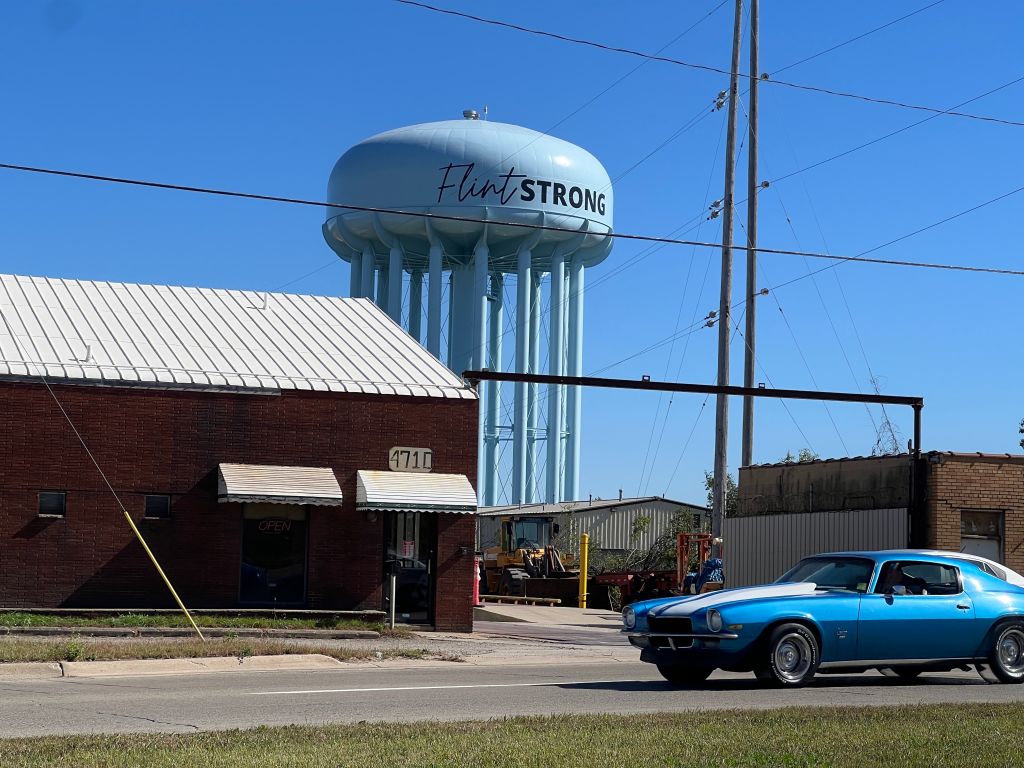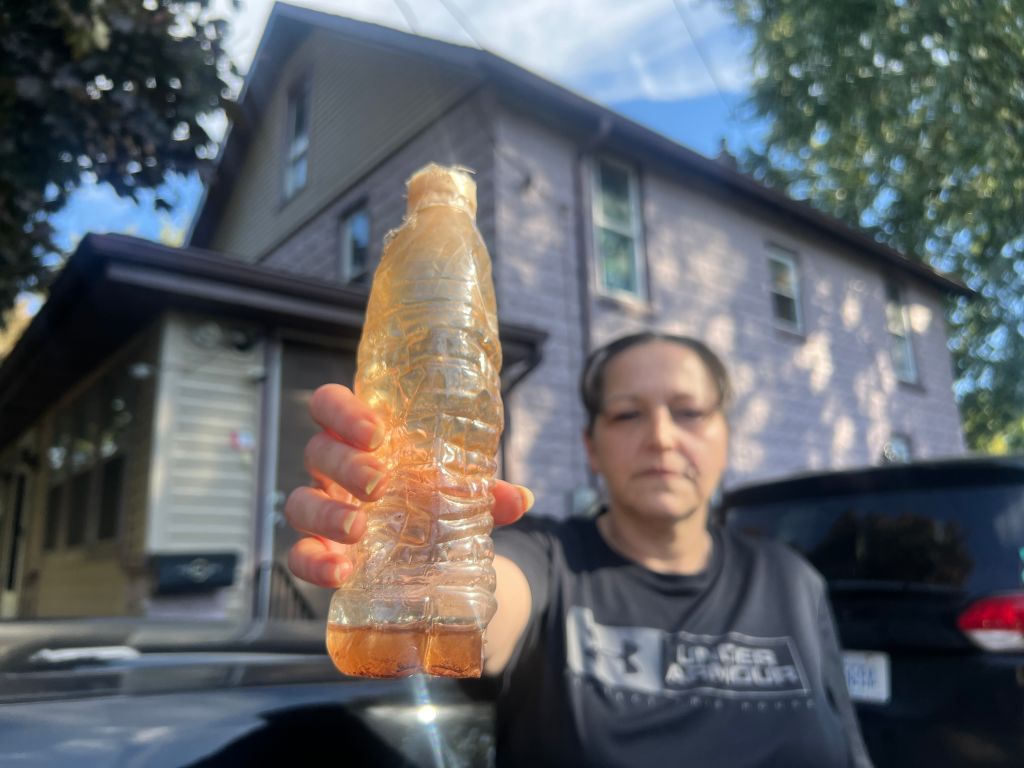Why Is The Lead Pipe Replacement In Flint Still Unfinished Nearly 11 Years After Water Crisis Began?

It has been more than a decade since 2014, when a Michigan state-appointed emergency manager decided it was a good idea to save money by a contract with Detroit’s water system and switched to the Flint River, causing the Flint water crisis by ditching a system that didn’t need treatment to prevent corrosion that put lead in the water pipes for one that did. It’s been eight years since 2017, when Flint entered into a settlement that required the replacement of all lead pipes so residents would be assured clean water to drink and bathe in.
Well, apparently, the job still ain’t done.
From the Associated Press:
Although the city recently said it completed work required under a legal settlement, the agreement didn’t cover vacant homes and allowed owners to refuse, potentially leaving hundreds of pipes in the ground. The state agreed to oversee work on those properties and says it’s determined to finish by fall.
Flint’s missteps offer lessons for municipalities that face a recently imposed federal mandate to replace their own lead service lines. The Trump administration is expected to soon tell a federal appeals court if it will stand by that mandate.
“I think other cities are racing not to be Flint,” said Margie Kelly, a spokesperson with the environmental nonprofit Natural Resources Defense Council, which reached a settlement with the city to force it to replace lead pipes.
(Side note: If anyone is banking on the Trump administration to reinforce the mandate in a predominantly Black city, they should probably know that the same administration, in April, ended a wastewater settlement for a mostly Black Alabama town, falsely calling it “environmental justice as viewed through a distorting, DEI lens,” simply because environmental racism was addressed in the reaching of the settlement. Seeing as the Flint water crisis has often served as a rallying event for pro-Black activists and environmentalists, one shouldn’t put it past President Donald Trump and his MAGA-fied Justice Department to simply decide the federal mandate was “woke” waste, despite it being implemented during his first term. Just sayin’.)
According to AP, when the city of Flint entered into the agreement, funds were directed to fix homes that had known lead lines, meaning contractors weren’t able to simply go neighborhood by neighborhood and fix everything. And because many city records were inaccurate or missing, with “some handwritten on notecards dating to the early 1900s,” AP reported, even finding those select homes proved difficult.

“The city’s overall management of the program was ineffective,” NRDC attorney Sarah Tallman told AP, arguing that a better strategy would have been to coordinate the pipe replacements geographically. (The issues with city records proved so troublesome that, ultimately, contractors ended up having to check all the pipes anyway.)
As for the Flint homeowners who had opted out of having their pipes replaced, according to Flint Department of Public Works Director Kenneth Miller, who was just hired last year, the city didn’t know how many residents had opted out and how many homes still had dead pipes due to oversight.
“Just like any other organization, people get lax, people stop doing things, people get laid off and the person that used to do it doesn’t do it anymore,” Miller said.
So, what’s being done to fix all of this finally?
Well, last year, the city adopted an ordinance to prevent homeowners from opting out, and “officials are working from a list of more than 4,000 properties where there could be a lead line, sending letters and making in-person visits to homes, if needed,” AP reported. That number includes thousands of homes that have been left vacant due to the steep population loss in Flint over the years.
It should be noted that while the people of Flint were failed by government officials at every level, in 2023, the Flint water crisis case was “closed” without a single person being held criminally liable or accountable at all, despite dozens of deaths that can be attributed, at least in part, to lead pipes.
Where’s the justice? Where’s the accountability? And when will it all finally be fixed?
SEE ALSO:
Michigan Renames Office Focused On Black Healthcare Due To DEI Concerns
The Caribbean Water Crisis, Its Root Causes And Effective, Affordable Ways To Improve Supply Systems




